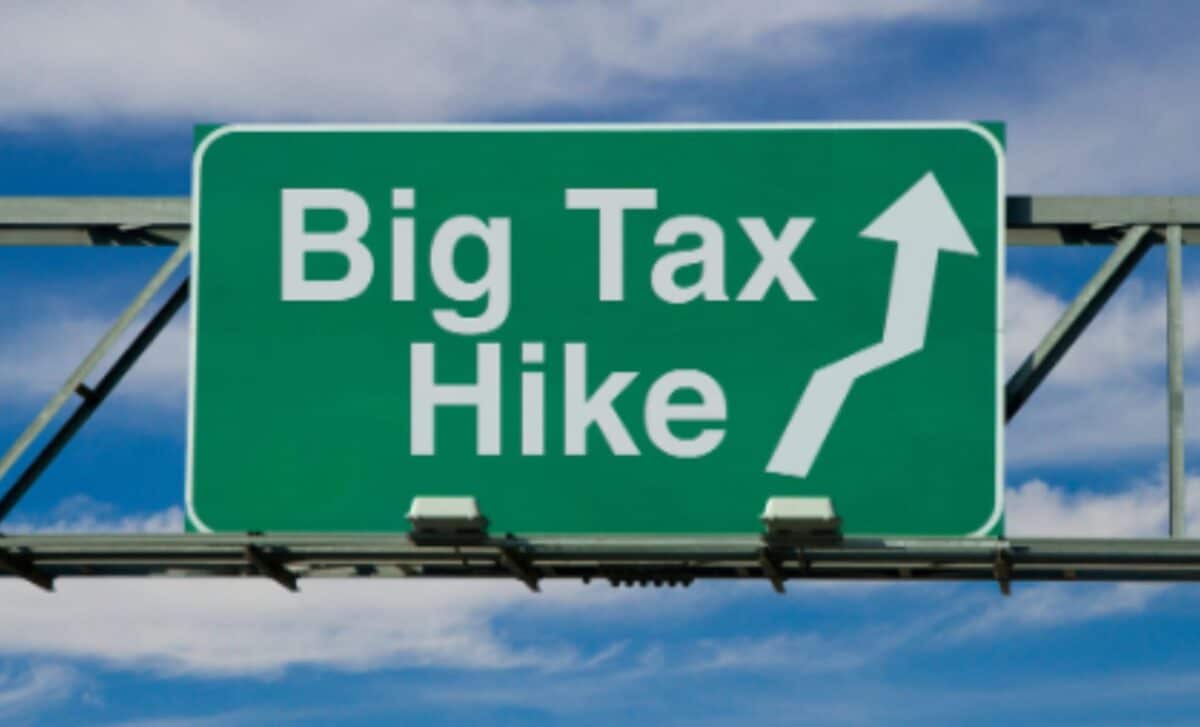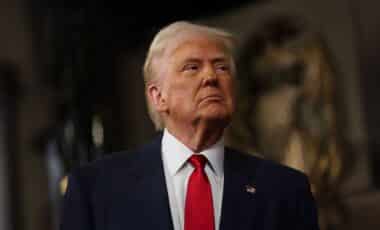The next government will be required to hit voters with post-election tax increases and delay net-zero investment unless it is willing to scrap Treasury guidelines for managing public finances, according to a key think tank.
Think Tank Urges Tax Reforms Amid UK Growth Concerns and Fiscal Rule Debate
The National Institute for Economic and Social Research (Niesr) has urged for a dramatic rethink of the self-imposed limitations on government borrowing and debt, warning that continued poor growth and low inflation will make meeting the rules more difficult.
In its quarterly health check, the thinktank stated that the economy had recovered from recession, but the “not-fit-for-purpose” budgetary regulations left no room for Jeremy Hunt to provide new tax cuts before election day.
Following the general election, Niesr stated that a future chancellor would have to choose between raising taxes to maintain current public service provision or rewriting the rules to serve the UK’s medium- and long-term needs and objectives, such as increasing growth, levelling the playing field, and greening the economy.
Official growth data are due published on Friday, and Niesr expects output to increase by 0.4% in the first three months of 2024. Overall, it predicts 0.8% growth in 2024, down from 0.9% three months earlier.
Although the thinktank predicts that yearly inflation will drop below the government’s 2% target in the coming months, it claimed the Bank of England would not cut interest rates until August of this year, and would only do so once in 2024. The Bank is widely expected to keep interest rates at 5.25% during its Thursday meeting.
Professor Stephen Millard, Niesr’s deputy director for macroeconomics, modelling and forecasting, said: “Despite the welcome fall in inflation, UK growth remains anaemic. This will make it difficult for any incoming government to carry out the much-needed investment in infrastructure and the green transition, as well as increase spending on public services and defence, without either raising taxes or rewriting the fiscal rules.
“This makes clear the need to reform the fiscal framework to enable the government to do what is needed for the economy in a fiscally sustainable way.”
Think Tank Challenges UK Fiscal Rules Amid Debt-to-GDP Concerns
According to current fiscal regulations, the debt-to-GDP ratio, which now stands just below 100%, should shrink during the next five years, and the yearly deficit-to-GDP ratio should fall to less than 3% by the conclusion of the same period.
Niesr predicted that debt will continue to rise as a percentage of national revenue in five years, with the government borrowing more than 5% of GDP to balance its books. Its projections do not include the additional £75 billion required over the following six years to raise the defence budget to 2.5% of GDP by 2030.
The thinktank stated that there was no room for pre-election tax cuts because the government’s expenditure plans did not comply with fiscal regulations.
Niesr stated: “The existing framework is not fit for purpose and inadvertently creates an incentive structure which arbitrarily constrains sound government borrowing plans. Instead, a revised set of fiscal rules would better serve the United Kingdom by incorporating medium- to long-term economic objectives. For example, the United Kingdom is legally obligated to reach net zero by 2050. This target will only be met if supported through well-judged public investment in green infrastructure.”
According to the thinktank’s quarterly assessment, there are few signs of levelling and some evidence of rising regional differences.
Following the squeeze created by the cost-of-living crisis, living standards are predicted to grow by 6% on average in 2024-2025 compared to 2023-4, with disparities between poor and wealthy households.
Rent rises above inflation would result in a 2% decline in living standards for those in the lowest income decile, while those in the medium and upper incomes would benefit from a 7-8% gain.









